editorial" "
14 December: day of fasting for peace.” “”It’s a surprising” “act of liberation”” “” “

Pope John Paul II has appealed to all Christians to devote 14 December as a day of fasting for peace in the world. How should we understand this appeal by the Holy Father? For many of our contemporaries, it’s not easy to grasp the meaning of fasting. It would seem the remnant of an obsolete, and even misguided, spirituality, founded on contempt for the material world and for the body, or a glorification of privation as an end in itself. The Bible, on the other hand, tells us on its very first page that “God saw everything that he had made, and behold, it was very good”. The Christian cannot believe in a salvation that implies a rejection of the creation. What, then, can be the justification of fasting for us? For many years now, young people from various countries come to our hill of Taizé to experience a week of prayer and sharing with many others. When we ask these youngsters to sum up their experience in a word, the word “simplicity” or “essentiality” often recurs. People born and raised in our affluent societies have a nostalgia, sometimes without even realizing it, for a simpler life, a life more focused on what is essential. They feel submerged by a deluge of so many things, so many possibilities, so many choices that open up before them. The contemporary world is hurtling ahead at an ever more rapid pace, and does not admit the possibility of stopping even for a moment, to take breath and reflect on what the real priorities are. In response to this dramatic situation, fasting seems a surprising act of liberation. It’s a very concrete way of saying: enough! There’s no need to race ever more rapidly ahead, to have ever more, to do ever more, to wear oneself out in an ever more insensate search for possessions that reveal themselves in the last analysis as useless, if not downright harmful. The act of depriving ourselves for a period of things, however fine in themselves, of temporarily renouncing opportunities, however tempting, shows us that our destiny is not to let ourselves be overwhelmed by things, and that man, in spite of everything, remains the original value. Using Christ’s words, we may say that fasting shows us that “man is not made for the world, but the world for man”. Fasting is a silent challenge to a society based on consumption and accumulation. It tells us that the essence of life does not consist in having but in being, and, more particularly, in being in communion. It makes us appreciate material things more deeply: we recall that fasting in itself is a temporary, not a permanent, privation. It is not at all a rejection of things. Rather, it tries to temper a voracious appetite that in the last analysis shows no respect for the creation, which is seen only as something to be consumed. Fasting shows us the way to a sober life, where we learn to accept with joy and with gratitude the gifts that God lavishes on us each day. Of course, the fasting of which we are speaking is not limited just to the fact of abstaining from food, or of “eating sparely”. In our time, it is essential to discover other forms of temporary abstention that may be even more significant. For example, a “day of non purchase” has recently been proposed, a 24-hour moratorium on consumerism. Then there are those who limit, or even abolish, the hours spent before the television set or on the Internet, or those who abstain from automatically switching on the radio every time they get into their car, thus rediscovering the beauty of silence. In the more authentic Jewish and Christian tradition, fasting always goes hand in hand with prayer and almsgiving. A simplification of life without an opening to God, and without an attention to our less fortunate fellowmen, risks becoming only a more sophisticated form of egoism. Today, in a world where the gulf between rich and poor is growing, there is an urgent need to express signs of sharing, however minimal, that may herald a society of solidarity between everyone. Abstention is therefore the “negative” face of a greater openness to others. The void that it creates gives us a chance to draw ever closer to God in silence and prayer, and to our brothers through acts of service and spiritual but also material sharing. “A continual simplification of existence writes frère Roger, the founder of Taizé – leads us far from the tortuous paths on which we lose our way. Simplify to live more intensely: and you will rediscover the joy of life. And that’s how, even with the poorest of means, your creativity is able to produce beauty around you”.